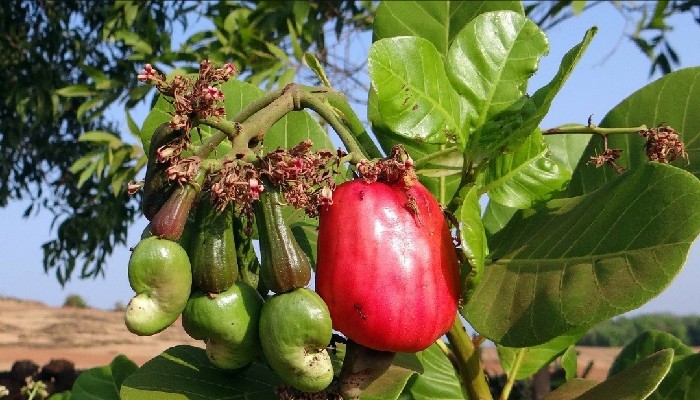Farm laws provide additional marketing opportunities outside the APMC market yards
Defending its three farm laws enacted last year, the government said they are intended to provide an ecosystem where the farmers can enjoy the freedom of choice relating to sale of farmers' produce.
“The New Farm laws viz, “The Farmers' Produce Trade and Commerce (Promotion and Facilitation) Act, 2020”, “The Farmers (Empowerment and Protection) Agreement On Price Assurance and Farm Services Act, 2020” and “The Essential Commodities (Amendment) Act, 2020, are intended to provide an ecosystem where the farmers can enjoy the freedom of choice relating to sale of farmers' produce which facilitates remunerative prices to farmers through competitive alternative channels for selling their produce,” Union Minister of Agriculture and Farmers Welfare Narendra Singh Tomar told the Lok Sabha on Tuesday in a written reply.
He said the government had promulgated “The Farmers’ Produce Trade and Commerce (Promotion and Facilitation) Ordinance, 2020”, “The Farmers (Empowerment and Protection) Agreement on Price Assurance and Farm Services Ordinance, 2020”, and “The Essential Commodities (Amendment) Ordinance, 2020” on June 5, 2020 by following the due procedure.
“Union Government had enacted the new Farm Laws under entry 33 of List-III (Concurrent List) of Seventh Schedule of the Constitution, under which the Parliament is constitutionally competent to legislate the bills,” the Union Agriculture Minister said.
He added that the bills on aforesaid laws were passed by both the houses of the Parliament and subsequently enacted these into Acts on September 27, 2020.
The government has always been supporting the idea of strengthening Agricultural Produce Market Committees (APMCs) and making them more competitive through improving services and infrastructure, Narendra Singh Tomar said.
The Minister further said that the government has been providing assistance to APMCs for infrastructure and value chain development through various schemes like Rashtriya Krishi Vikas Yojna – RAFTAAR, Agriculture Market Infrastructure (AMI), National Agriculture Market (e-NAM), Agri. Infrastructure Fund (AIF) and Agriculture Marketing Infrastructure Fund (AMIF),
He maintained that these farm Acts will facilitate direct buying from farmers in trade area by traders, processors, exporters, Farmer Producer Organizations (FPOs), agriculture co-operative Societies etc., so as to facilitate farmers with better price realization due to reduction in supply chain and marketing cost to enhance their income.
Farm laws provide additional marketing opportunities outside the APMC market yards such as farm-gates, cold storages, warehouses, silos, etc. to help farmers get remunerative prices due to additional competition. Farm laws will accelerate more investment in marketing and value addition infrastructure near to farm gate creating more employment opportunities for rural youth. Further farmers are free to sell their produce in APMC as earlier.
The Minister also informed the House that the government of India announces Minimum Support Prices (MSP) for 22 major agricultural commodities of Fair Average Quality (FAQ) each year in both the crop seasons after taking into account the recommendations of the Commission for Agricultural Costs and Prices (CACP).
He said the government also extends remunerative prices to farmers through its various intervention schemes. The procurement at MSP is being done by Central and State Agencies under various schemes of the government. Besides, the overall market also responds to declaration of MSP and the government’s procurement operations, resulting in an increase of selling price of the various notified crops.`
“MSP policy has nothing to do with Farm Acts. Farmers are free to sell their produce to the government procurement agencies at MSP or Agricultural Produce Market Committee (APMC) markets or through contract farming or in the open market whichever is advantageous to them,” the Agriculture Minister said.
 Contact Us
Contact Us  Subscribe Us
Subscribe Us









 Contact Us
Contact Us
 Subscribe
Subscribe
 News Letter
News Letter

